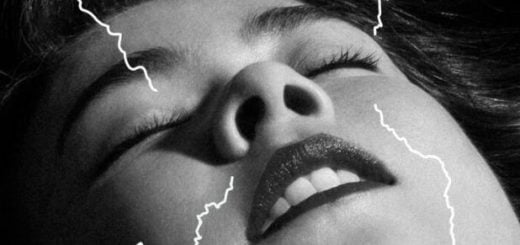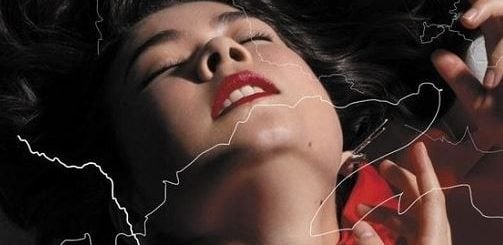Real Men by Mitski Lyrics Meaning – Unraveling the Complex Portrait of Masculinity
Lyrics
And real men suck it in
Real men don’t flinch or bleed in public
Oh, I think I’m a real man.
Little boys cry and look around for comfort
And always get what they want
Little boys see toys and say, “I can take that!”
Oh, you are my little boy
Though honestly sir, all I wanna do
Is get naked in front of you
So you can look me up and down
And tell me, “Well done girl, you’re looking good!”
Real men keep cool in the face of a fire
Go down with the ship
And real men don’t eat, ’cause they’re above that, damn it
And oh, I’m gonna be a real man.
Though honestly sir, all I wanna do
Is get naked in front of you
So you can look me up and down
And give me your love for being so god
But little boys hold me, color me
Praise me, make me feel lovely
For a little while
So little boy, say you want me
‘Cause when I can’t take it, go ahead
Do it, do it
Mitski’s ‘Real Men’ is a track that delves deep into the heart of gender norms, the facades of toughness, and the craving for recognition. This piercing meditation on masculinity and vulnerability strikes more than just chords; it rips through the fabric of societal expectations to expose the raw, conflicting desires beneath.
Beneath the deceptively simple surface of this song lies a rich tapestry of subtext and symbolism. With Mitski’s nuanced lyricism, listeners are granted a glimpse into the paradox of strength — one where being ‘real’ involves an intricate dance with intimacy, power, and the expectations placed upon us.
Exploring the Mythos of Stoicism
The mantra that ‘Real men don’t need other people’ acts as an indictment of the Stoic ideal so often propagated in society. Mitski challenges listeners to reconsider what society has long accepted as symbols of masculine strength — emotional independence, physical prowess, and an almost robotic immunity to pain.
Through stark lyrics, she flips the script on these standards, using stark contrast to suggest that perhaps what we perceive as strength is, in actuality, a hindrance to true human connection and emotional growth. The phrase ‘suck it in’ doubles as a nod to physical discipline and an ironic critique on the suppression of emotion.
The Duality of Desire and Performance
The reiteration of the desire to ‘get naked in front of you’ is an enactment of vulnerability clashing with performative compliance. Mitski navigates the tension between wanting to be seen and accepted for her true self and the realization that this acceptance might only come through meeting someone else’s criteria of worthiness.
This powerful admission wrestles with themes of intimacy and objectification, as the character Mitski portrays seeks validation from the very figure — ‘sir’ — who represents the oppressive structures she’s striving to be freed from.
Decoding the Hidden Battle with Body Politics
The mention of not eating because ‘they’re above that, damn it’ is a direct jab at the distorted image of real men as unattainable beings devoid of basic needs. Mitski calls out the dissonance between ascetic self-denial and the natural human experience, underscoring how body politics inform gender identity.
It’s a line that punches with resentment, recognizing the absurdity in the pursuit of such extremes, and at the same time, confesses a twisted aspiration to embody them. It’s a stark depiction of how toxic beliefs can infiltrate and affect self-perception and worth.
‘Well Done Girl, You’re Looking Good!’ – The Search for External Affirmation
One of the song’s most memorable lines exposes the pernicious cycle of seeking approval. The pat on the back, the shallow praise for meeting aesthetic standards, each feeds into a relentless drive for validation that is both craved and loathed.
By placing these words in the mouth of an external judge, Mitski deftly highlights the persistent external pressures the modern individual faces, particularly within the realm of gender roles and relations.
Little Boy, Can You Hear the Irony?
The juxtaposition of ‘little boys’ with ‘real men’ in the lyrics offers a critical viewpoint of how society allows, and sometimes encourages, juvenile behavior in men while still demanding the stoic façade of adulthood, creating confusing, often unattainable models of what it means to be a man.
This nuanced dissection of masculinity by Mitski also captures an empathy for these ‘little boys’ who, while wrapped in privilege and power, are victims to the same restrictive gender constructs, often at the cost of their ability to form genuine, caring relationships.








